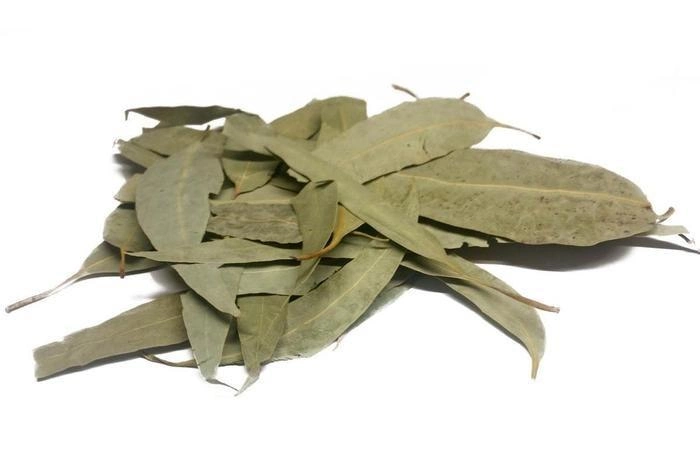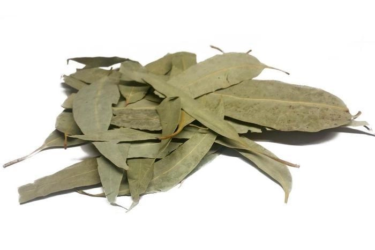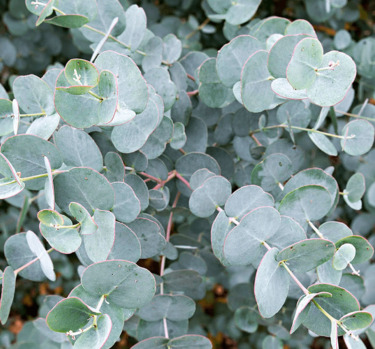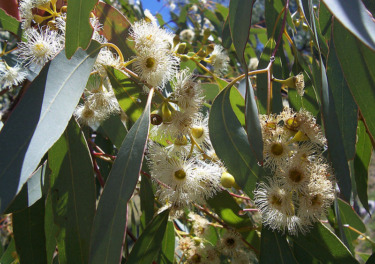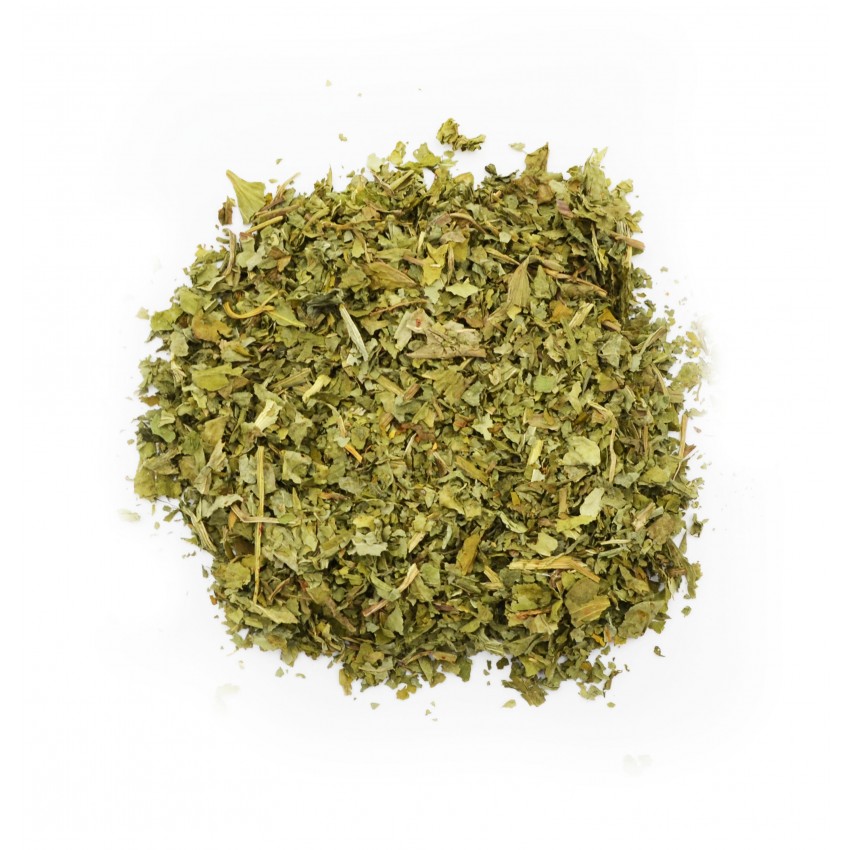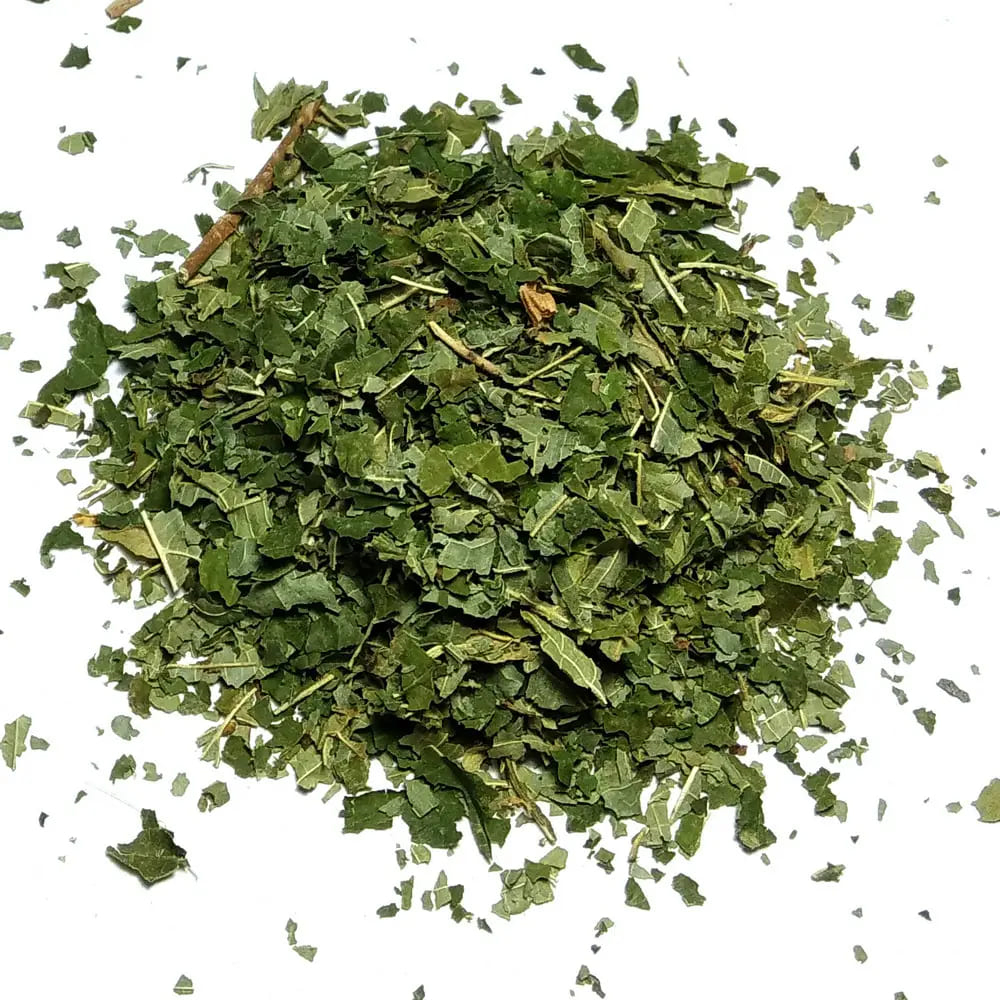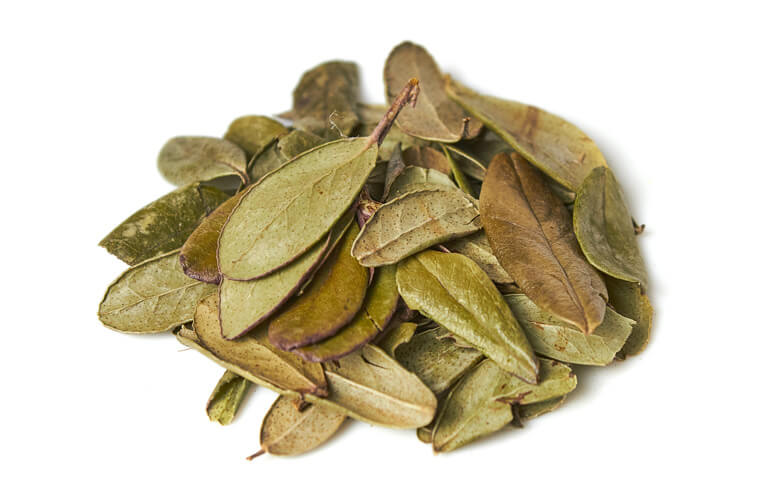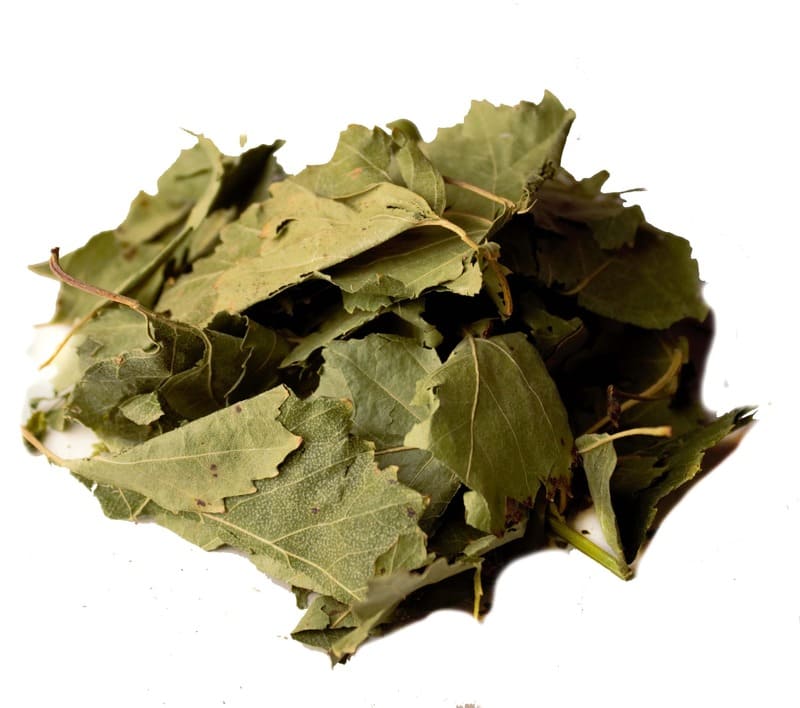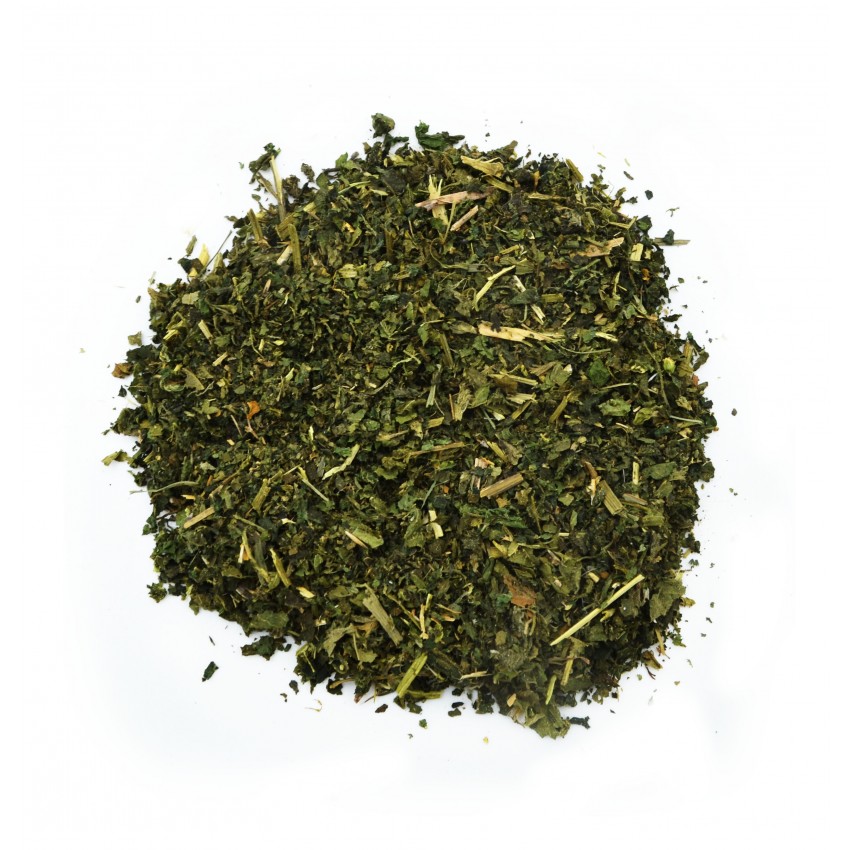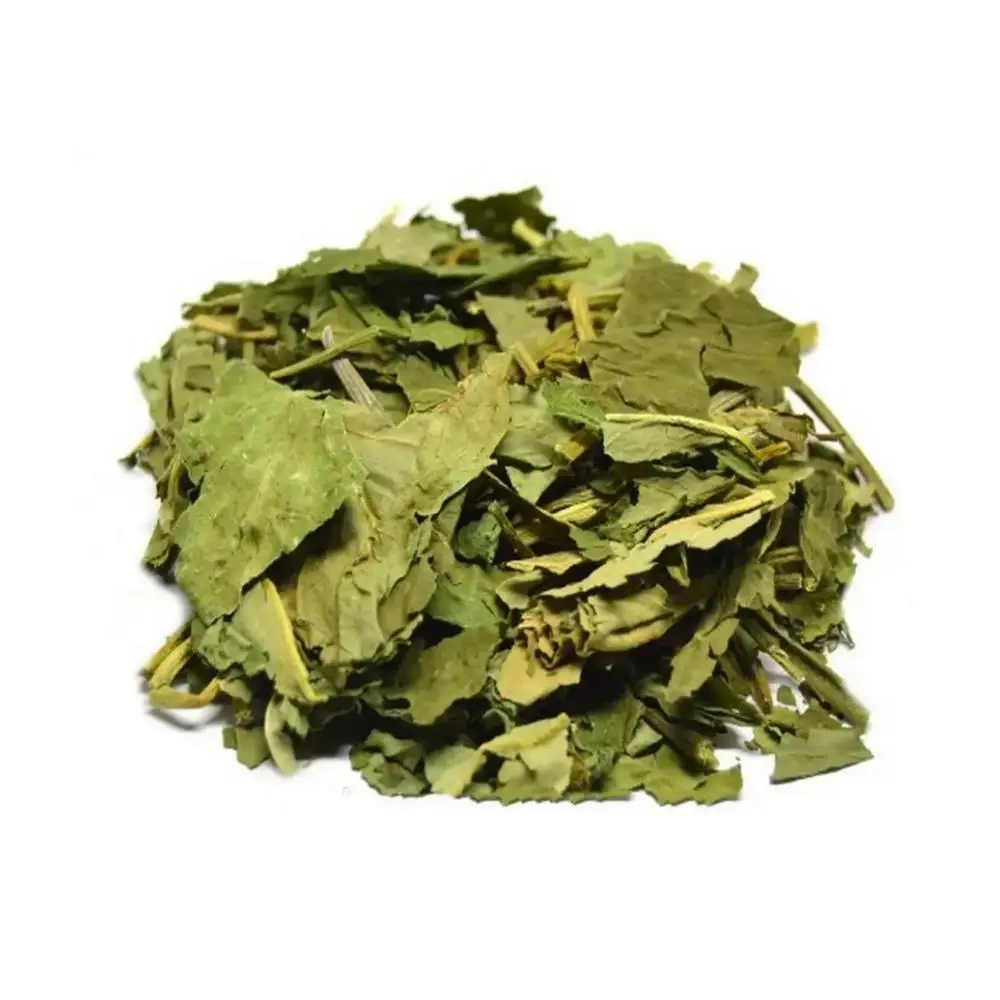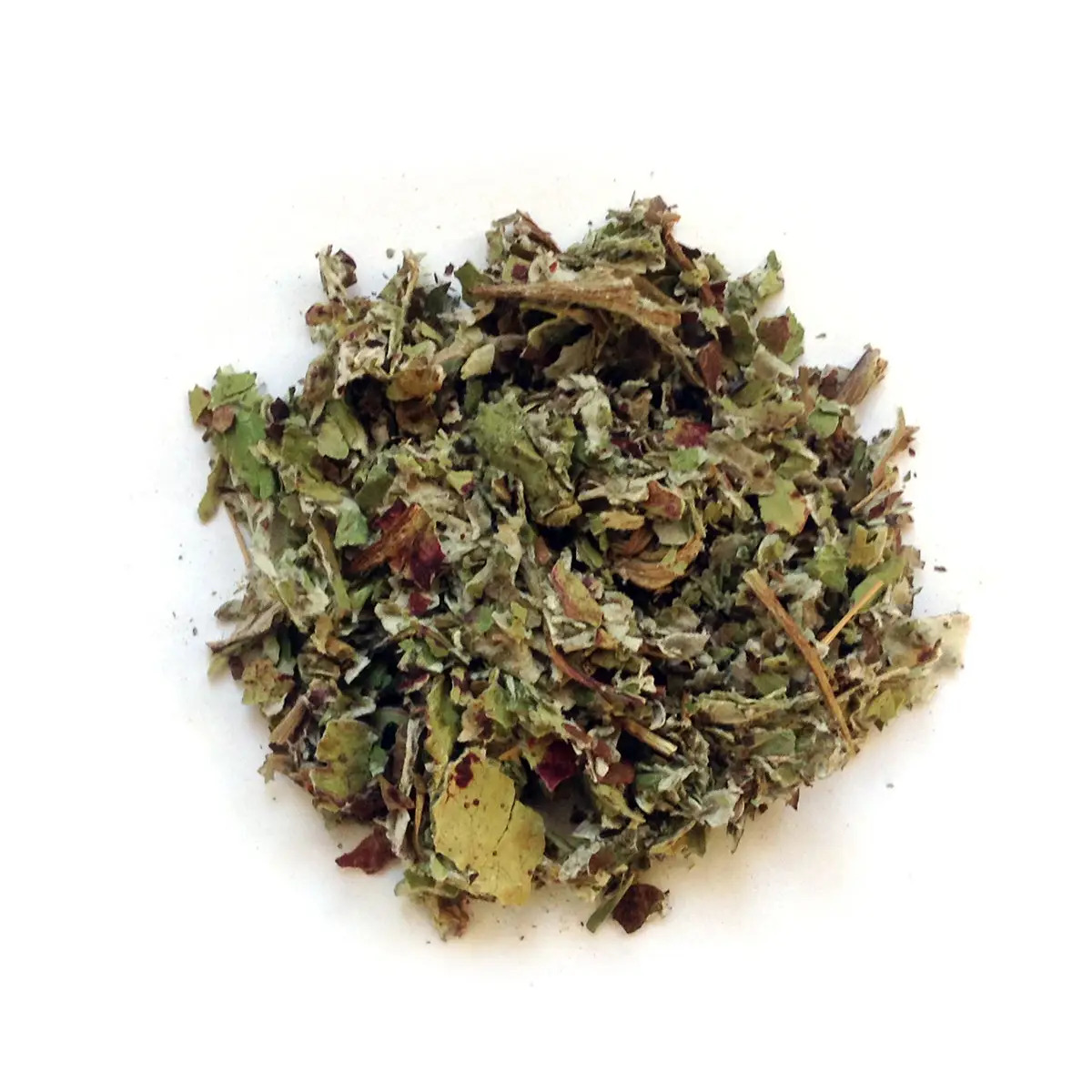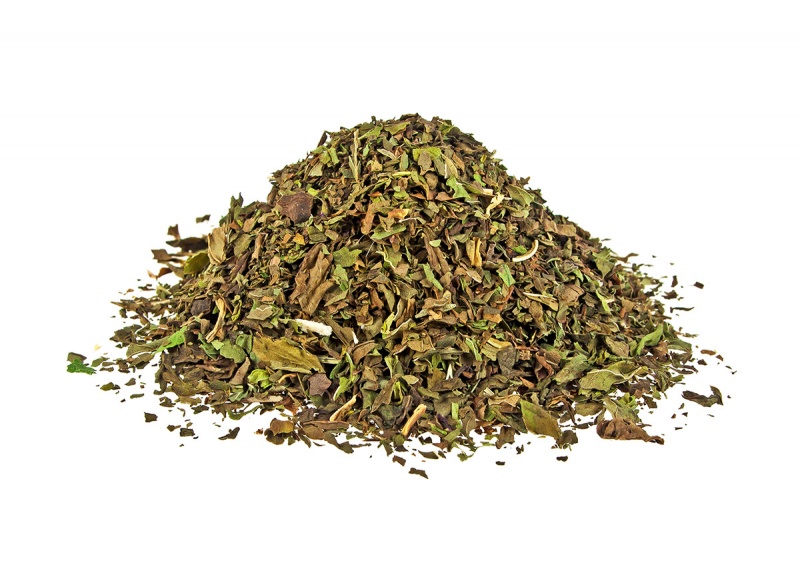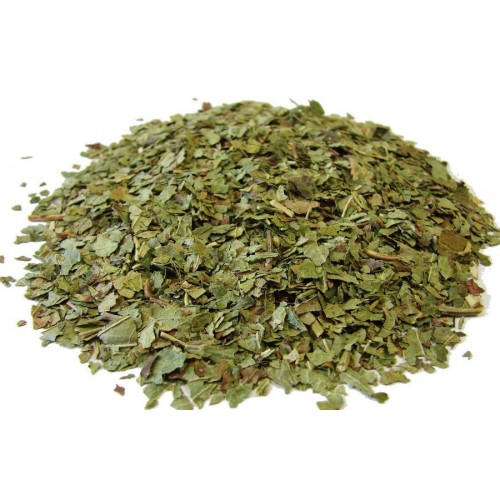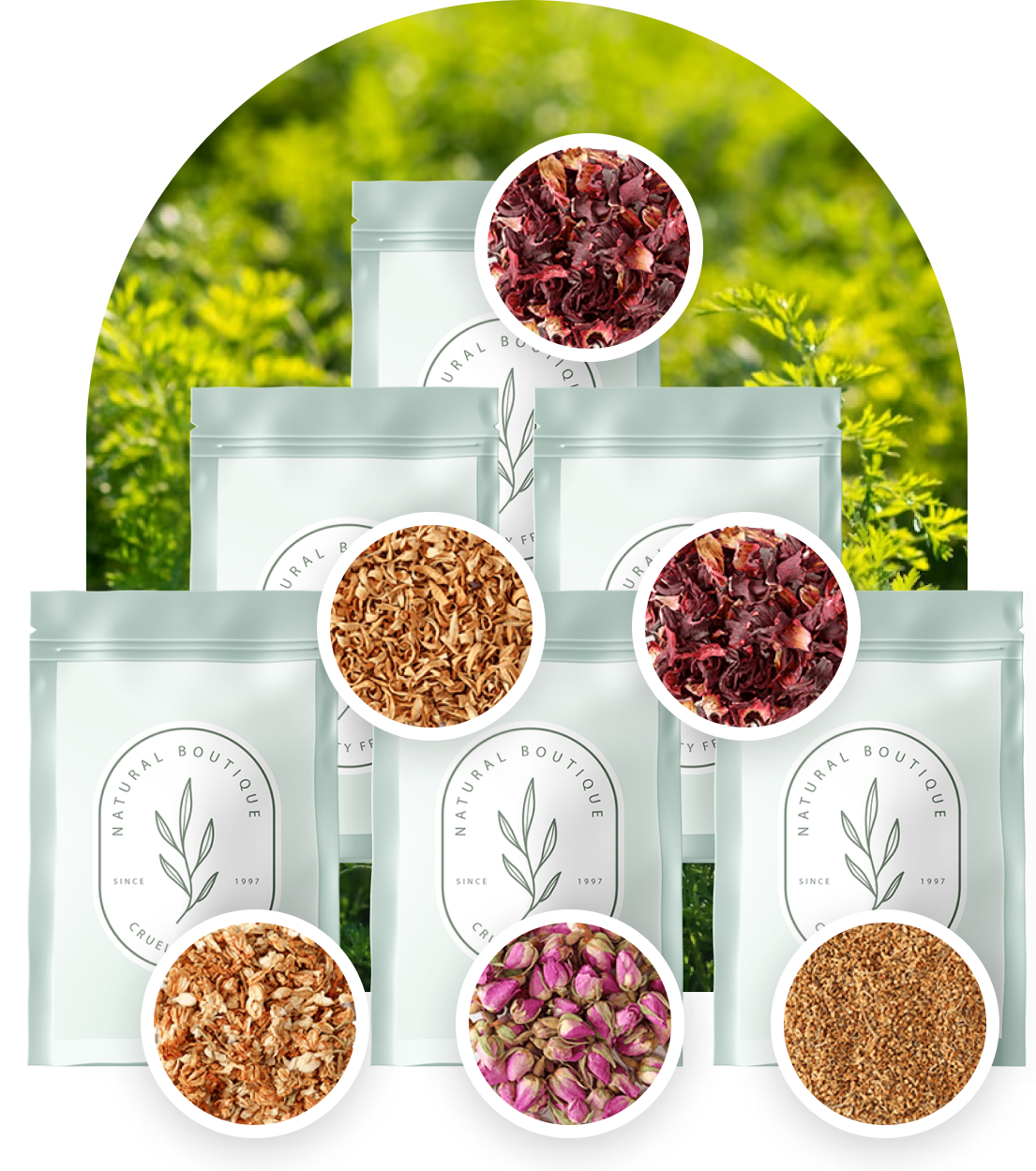The main active ingredient in eucalyptus leaves is essential oil, which has antimicrobial properties and acts as a natural antiseptic. Eucalyptus with rod-shaped leaves is effective against staphylococcus, fungi, Escherichia coli and tuberculosis bacteria. In case of inflammatory processes in the oral cavity, throat, and upper respiratory tract, the use of infusions, decoctions, and inhalations with eucalyptus leaves helps to improve the patient’s health. It is also used to heal and soothe mucous membranes, treat furunculosis, cervical erosion, and inflammation of the appendages.
Eucalyptus has a wide range of applications; it is a part of ointments, various complex preparations, used in the form of tinctures, decoctions, extracts, as well as for lotions and rinses. Wet inhalations with eucalyptus leaves and essential oil of the plant are used as a means of distraction in neuralgia and rheumatism. Eucalyptus is widely used in preparations for the treatment of respiratory diseases, such as bronchitis, colds, flu, laryngitis, tracheitis. It helps to expectorate sputum during coughing and facilitates sputum discharge in diseases of the upper respiratory tract. Eucalyptus-based preparations are also used for bronchial asthma, lung abscess and acute respiratory diseases.
Eucalyptus can be used as an integral part of rubs for lumbago, radiculitis and plexitis due to its beneficial properties. The active substances in the leaves help soothe pain, reduce inflammation and stimulate mucous membranes, which makes eucalyptus effective in the treatment of low acid gastritis and intestinal pain.
Ellagic acid contained in the plant is part of the active ingredients. This natural antioxidant is known for its antimutagenic, anticarcinogenic and antitumor properties. In addition, biologically active substances in eucalyptus oil are an effective antiparasitic agent.
